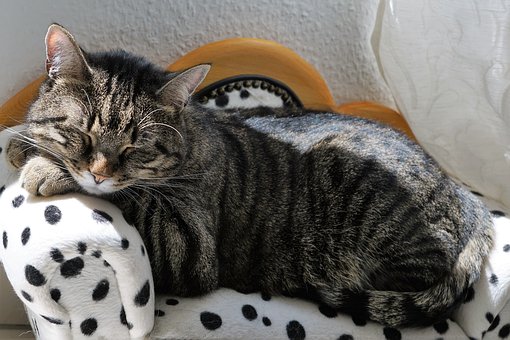Although some people will think it to be unusual, while others will see it as a sign of weakness or laziness, a short daily nap, nevertheless, can mean the difference between life or death.
What do the following have in common?: the explosion at the Chernobyl nuclear power plant, the wreck of the Exxon Valdez and the Space Shuttle Challenger disaster? According to experts, these catastrophes may be related to a lack of sleep by certain employees. If we were to analyze occupational injuries on the farm, how many could have been caused by a lack of sleep?
Research results show that, for airline transport pilots, a 20‑minute nap considerably reduces the risk that they will fall asleep during a flight. In agriculture, you don’t fly planes but the vehicles and machinery you operate are no less dangerous.
The early afternoon is the time of day when almost all humans demonstrate a minimum of intellectual and physical performance. Fatigue appears between 1 p.m. and 3 p.m. This fatigue is almost universal.
This is the period during which the most severe accidents occur. This should be taken into account when carrying out tasks that require vigilance and effectiveness.
During a training session involving a group of agricultural producers in Témiscamingue, an experiment was undertaken involving a nap following lunch. One group of participants agreed to lie on small mattresses with the lights out and with relaxing music being played, while a second group was not given that opportunity. Hard to believe?
The experiment was appreciated and all the participants of the experimental group were more attentive during the afternoon training session. Those who did not receive “the nap treatment” were even envious. Certainly, it took a very open‑minded group of producers to conduct this experiment. But, as one of them indicated, “Many people do this at home in any case, so why make a secret of it?”
The benefits of napping include muscle recovery, reorganization of brain activity, increased alertness and a decrease in the levels of the stress hormone, cortisol.
-
Do you think you don’t have time for a nap because you have too much work to do? According to NASA research, a 40 minute rest period in the middle of the work day increases individual performance by 34%.
-
Do you feel guilty about napping? Is there a little voice inside you whispering, “You’re really lazy”? What if someone comes along and finds you napping? What will they say?”
-
Do not be concerned about what others may say or think. Being an adult means making choices and coming to terms with them. It also means expecting that those choices will not be understood or accepted by everyone. No matter what you do, some people will judge you. If you take a nap, some will say, “He is really lazy!” or “He is lucky he gets to rest and make time for himself.” But if you work without a break, they will say, “What a worker he is!” or “He’s crazy to work that much. His health is going to suffer.”
A daily 20‑minute nap is an intelligent and beneficial activity. It results in increased productivity and workplace safety, and most especially, it does so much good. Its many benefits outweigh a few negative comments from time to time!
Pierrette Desrosiers,
Work Psychologist, professionnal speaker, author and business coach


